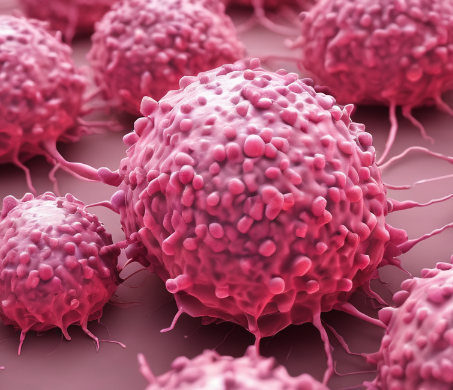
Lecturers at the Faculty of Social and Communication Sciences of the UPV/EHU, who are members of the multidisciplinary research group Gureiker, analysed a playlist of 1,247 breast cancer videos from across the world that YouTube stores and offers when anyone wishes to view breast cancer content; the aim was to identify the videos with the most communicative power and the concerns of the people who post comments on the topic.
The study analysed the communities that are created on YouTube around this topic, and the researcher from the Department of Journalism María Ganzabal stressed that “there are two communities or types of users that are the most influential”. One of them is made up of “channels that respond to a collective type of role, such as clinics, hospitals, foundations or patient associations and the media”. And the other community comprises “individual-type profiles, mostly doctors, although patients and the occasional public figure profile, such as the actress Shannen Doherty, also stand out”, she said.
Ganzabal explained that they detected a significant group of communities of affected women “who feel the need to create content by telling their own experiences”. These individual testimonies “describe their breast cancer treatments, both of those who are going through them and those who have already survived them, and share their fears, struggles and hopes”. She also mentions other types of communities dedicated to providing information on nutrition and exercise related to this type of cancer. Analysis of the comments on the YouTube videos showed that the vast majority of them “focus on appreciation for the valuable information they provide”. Ganzabal considers that this “is a very grateful community, there is a lot of a sense of sisterhood, a lot of support and little hateful or malicious content”. She stressed the importance of personal stories “as a source of hope and support for those who have been affected by the disease”.
Social media should not always be demonised
According to the World Health Organisation, breast cancer is the most common type of carcinoma and the most common cause of cancer deaths in women across the world. In 2022, 2.3 million cases were diagnosed worldwide. The diagnosis and treatment of cancer is highly stressful and potentially traumatic for those affected, and “generates lifelong distress that can be relieved, to some extent, by resorting to social media or platforms such as YouTube to seek specialised information, to share the emotional process that those affected have gone through, or to seek support from other women going through a similar situation”, said the researchers.
The results of this study revealed the relevance of content posted on YouTube by the medical community and health-related organisations. However, the profile of TikTok videos points to other trends: in another piece of research being carried out by journalism researchers at the UPV/EHU more hate messages, greater participation of pseudo-doctors, etc. were found. The researchers take the view that “medicine needs to approach social media with accurate information that sick people can turn to”. “Social media should not always be demonised. It is important for the medical community to discuss the problems of this disease or any other, to organise content that can help women seek information and also provide support, so that they can cope as well as possible with the disease,” concluded Ganzabal, a lecturer at the UPV/EHU.
The study, published in the prestigious scientific journal Profesional de la Información, was carried out using the technique of social network analysis. This methodology relies on “an algorithm that makes it possible to identify the most influential users regarding this topic. The algorithm analyses the mutual interaction of content and assigns a score to each video. The greater the authority value of a video means that more content on the web has linked to it as a source of relevant information on the topic, or has connected to more videos that are regarded as a source of useful information on breast cancer”, she explained.
Bibliographical reference
Jesús-Ángel Pérez-Dasilva, María Ganzabal-Learreta, Koldobika Meso-Ayerdi, Urko Peña-Alonso, Terese Mendiguren-Galdospin . Rol de autoridad y análisis del discurso en torno al cáncer de mama en las comunidades de YouTube (Role of Authority and Discourse Analysis Regarding Breast Cancer in YouTube Communities)
Profesional de la información: “YouTube content can help to cope with breast cancer diagnosis”. DOI: 10.3145/epi.2024.0303
